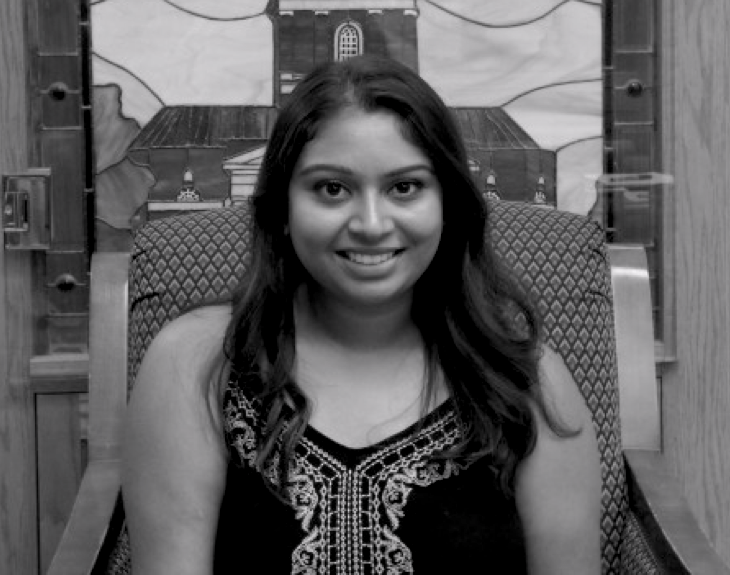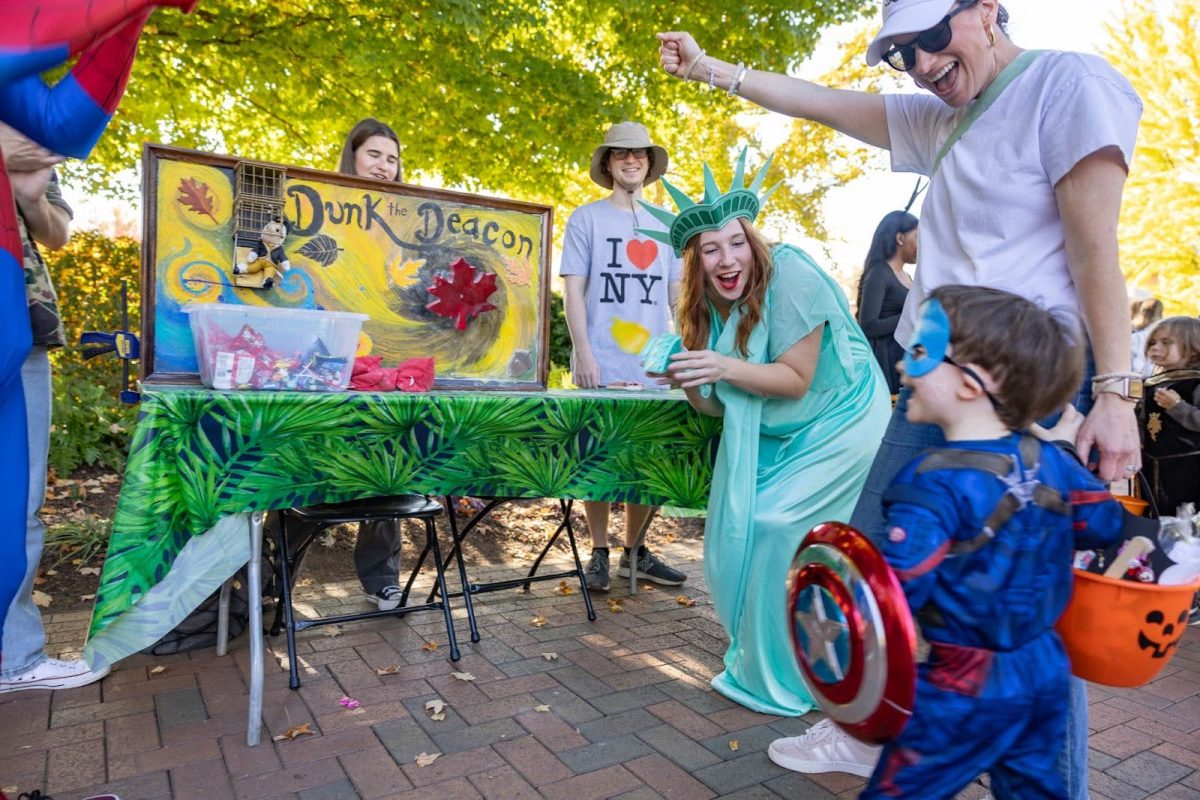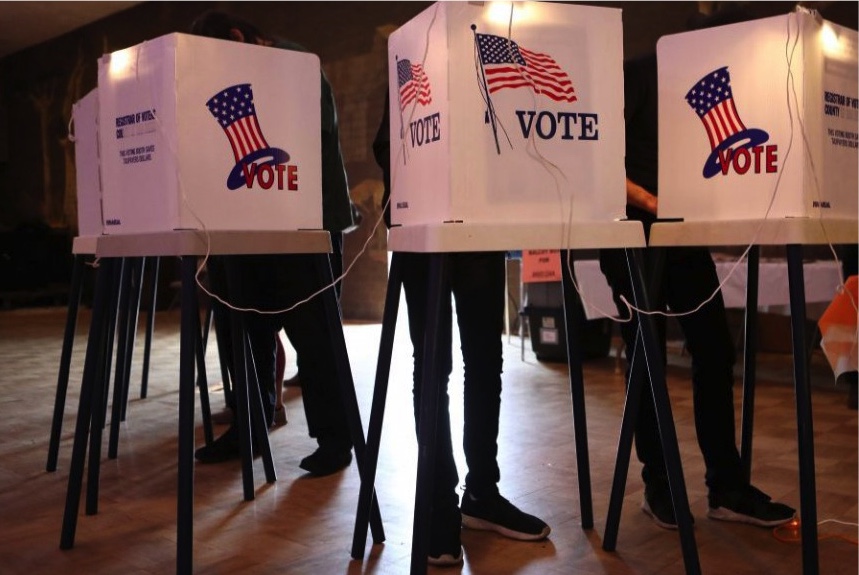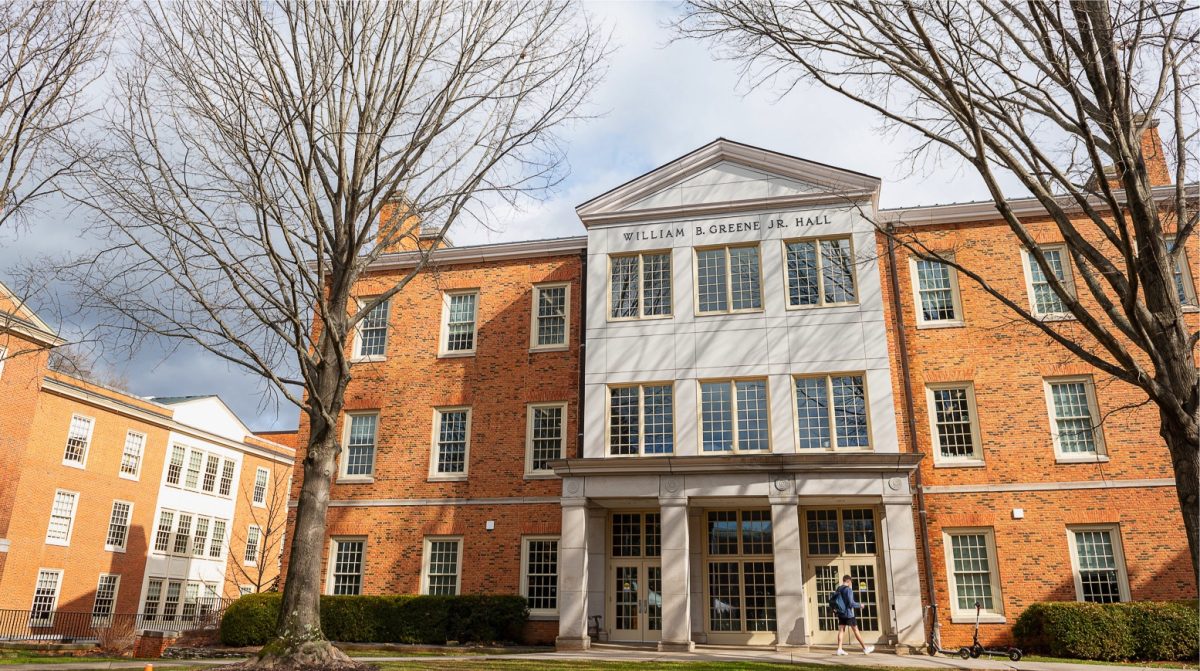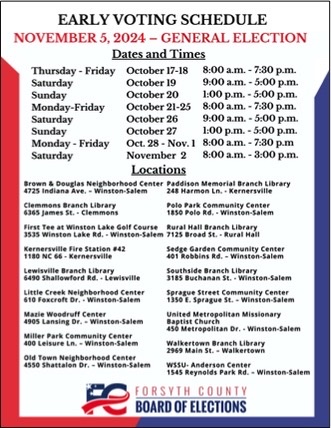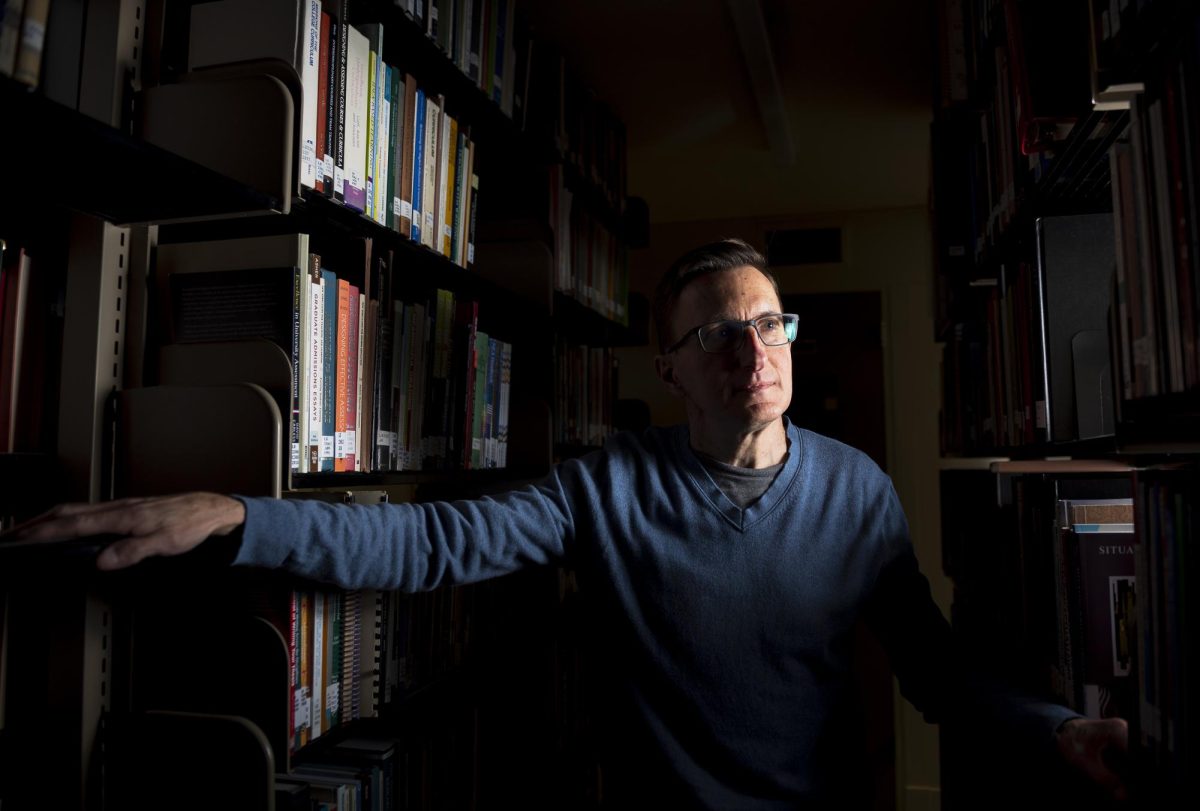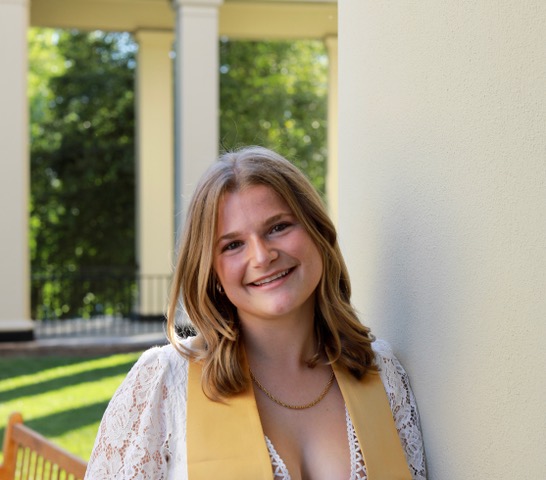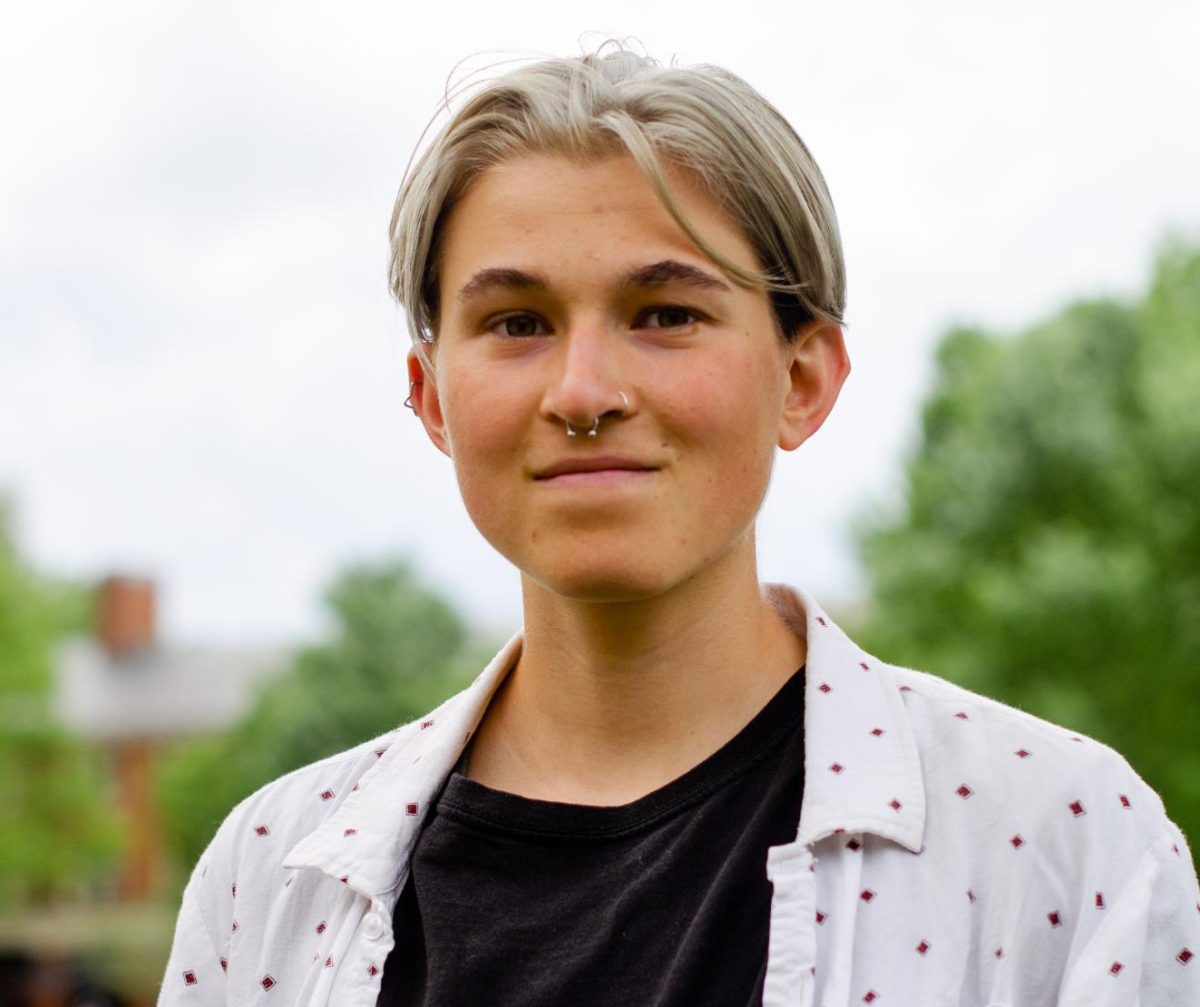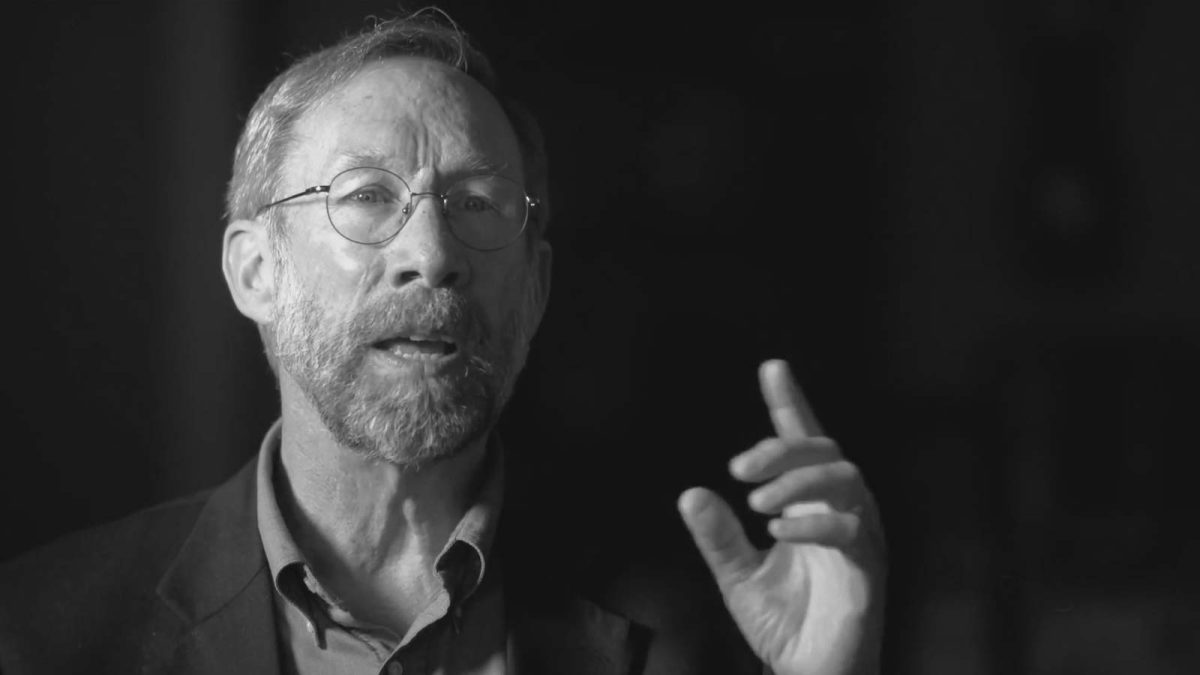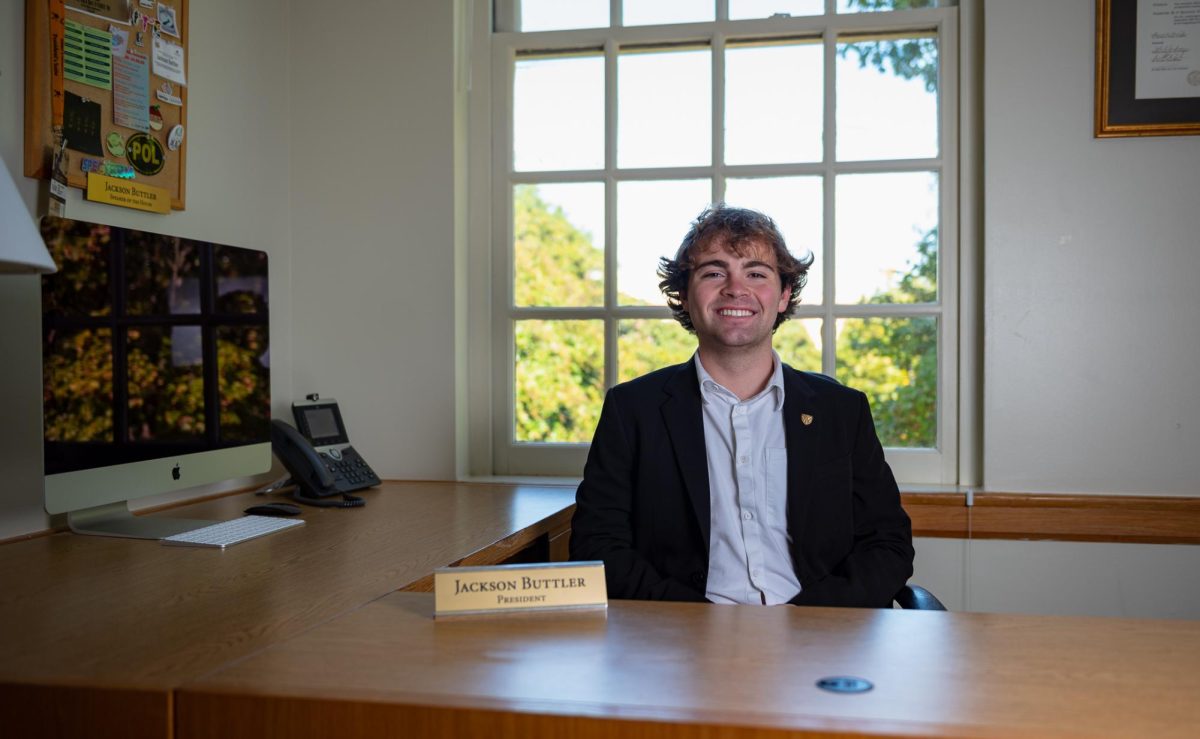Laya Mohan, a Wake Forest graduate student pursuing her master’s degree in Health Communication, has done substantially more work than most to get where she is today.
This is because Mohan was born with only one full arm, the other nonexistent from the elbow down. This birth defect, known as Amelia, is marked by the absence of one or more limbs or arms.
Although one may not be able to imagine being unable to fully utilize an arm, Mohan has dealt with it and continues to deal with it each day, inspiring the world around her.
What was it like as a kid to have a physical disability?
Because of the confidence my parents taught me, I was able to go to school and do everything normal kids would. All kids are curious. When you are in first grade, you just want an answer, and I didn’t mind giving them an answer.
Was there anything you felt you could not do that kids normally take part in?
I did everything I wanted to: ballet, jazz, tap. I also played soccer for some time. I didn’t feel like there was a limitation because I would try it and if I couldn’t do it, then I just couldn’t do it.
Can you explain how you have adapted to life? You paint your nails, cook, and perform several other tasks better with one arm than people can with two. How?
I just find my own way to do things. It’s just a little bit of adaptation. I do my nails all the time. Maybe I can’t stand up and paint my nails, but I can be sitting down and doing it. Cooking sometimes takes me a little longer to do, but that’s okay because what matters is that the dish tastes good. It’s about figuring out the best way for me to do something. I just go into it and figure it out. If it doesn’t work for me, it doesn’t work. If it does, great. It doesn’t get me down. As long as I tried, I feel better about it.
Were you nervous when you came to Wake Forest as a freshman for your undergraduate years?
No. At Wake Forest, I know everyone here is really educated, so they probably have either met someone or know of these things beforehand. Some people like to ask me straight up, which is fine. It’s up to you. If you want to know, you can ask. If you don’t want to know, don’t ask. I don’t know what other people are thinking. Most of the time, what I’ve heard people say is, “I don’t even notice at first.”
What is the biggest obstacle you have overcome?
The prejudices people have against you without knowing who you are. But people who have those prejudices against you don’t matter because they aren’t taking the time to get to know you.
I know there was a time when you felt self-conscious about putting yourself out there online. Can you tell me more about this experience?
Yeah, sure. My friend was encouraging me to get on Hinge, and I just had in the back of my mind: “What if they’re like ‘Oh, wait. No, because she only has one arm’?” I don’t want to deal with that. I like meeting people in person because there’s no mystery there versus the dating profile.
How have you been able to prevent your disability from interfering with the “smart, hilarious and down-to-earth” person your friends admire?
I really have to credit my parents because they never wanted me to feel different. They wanted me to try everything that I can and be the best at what I can do. Because they instilled confidence in me, it has been easier for me to try things and not to let other people stop me.
You and your friends seem to spend a lot of time together. Can you explain how they make sure you do not feel isolated?
Yeah. We were playing video games one day and everyone kept asking, “Can you do this?” I said, “Yeah. I can. I’ll tell you if I’m struggling.” They really try to be inclusive and make sure that I can be a part of any activity. Pretty sure I got second in Mario Kart when we were playing that one time too! Laughs
This may be an obvious question, but do you wish you had two arms? Would it make a big difference in how you live?
You know, there was a time in middle school when I did, but I don’t know any other way, so I really have nothing to compare. But in some ways, people are a lot more surprised and impressed with what I can do. If I were normal, no one would be impressed. Now, I have to work twice as hard to get to that level of perfection.
What is your message for people who are self-conscious of their physical disabilities?
Confidence is key because at the end of it, people are more curious than trying to put you down. Curiosity is not a bad thing, so you have to have the confidence to say, “Yes. This is me. This is what I have, but I can still do so much more. I’m not defined by my disability.”


